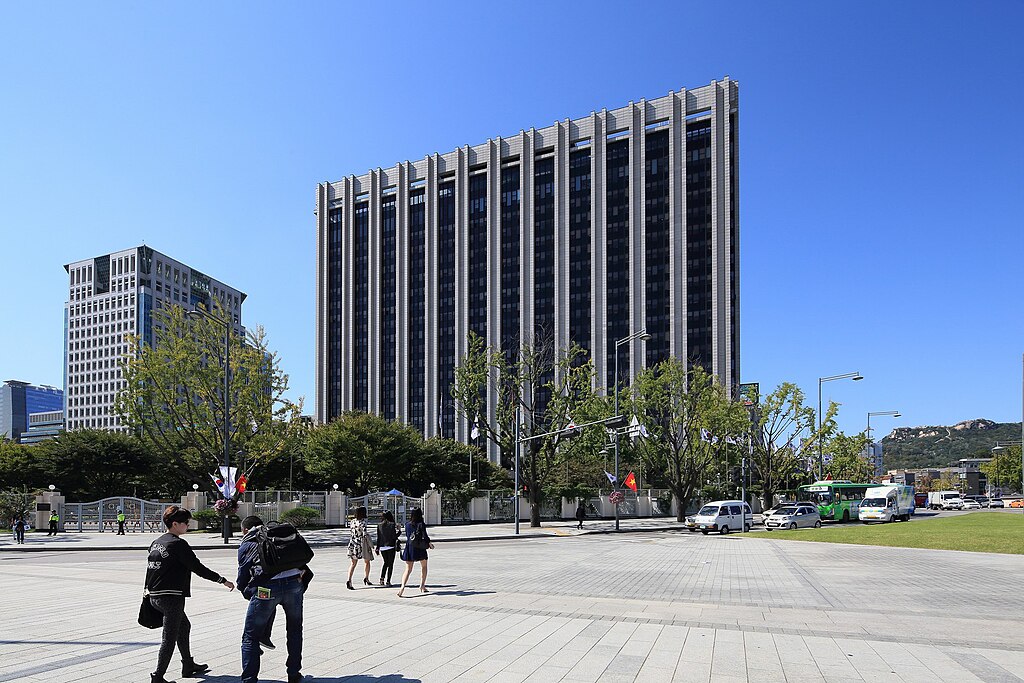
South Korea’s government is set to fast-track pro-business crypto reforms, including stablecoin regulations.
The South Korean newspaper Metro Seoul reported that the Presidential Committee on State Affairs announced its plans at a public briefing on August 13.
South Korea Crypto Reform Taking Shape
The committee spoke of a five-year plan for state administration, naming 123 state affairs-related tasks.
Among these tasks named were “the construction of a digital asset ecosystem” and “developing the domestic cryptoasset market.”
Both were identified as “key national tasks” for the administration, which took office in early June this year following the election of President Lee Jae-myung.
Lee has spoken repeatedly about his intention to build up the domestic crypto sector, with deregulation and stablecoin regulation high on his agenda.
The President appears keen to let domestic firms issue won-pegged stablecoins. Leading banks and IT companies have reacted by registering scores of stablecoin-related trademarks.
Others are hurriedly rolling out crypto-related business plans, aware that this may allow non-financial firms to develop advanced payment platforms.
However, one of President Lee’s key campaign pledges was left off the five-year plan, namely the dissolution of the Financial Services Commission (FSC).
The FSC is the nation’s top financial regulator. Its Financial Intelligence Unit (FIU) polices the country’s crypto exchanges, issuing operating permits and conducting periodic on-site inspections.
It also enforces anti-money laundering and terrorist financing protocols at the trading platforms.

FSC: Vociferous Critic No More?
In previous years, the FSC has been a vociferous critic of the crypto sector. But in recent years, as governments have relaxed their hardline stance to the industry, it has spoken in favor of reform.
Under the proposal, FSC’s supervisory duties were to transfer to the Financial Supervisory Service.
The FSC’s policy-related tasks were due to transfer to the Ministry of Strategy and Finance.
But Lee’s plan to scrap the FSC proved controversial, even among senior ministers. While his offices have yet to confirm that the President has shelved the policy, the five-year plan appeared to suggest the proposal may have moved to the back burner.
There was no mention of the regulatory reorganization move on the plan. And seven of the 123 tasks were assigned to the FSC.
The newspaper added that crypto reforms are a “key focus” for both the government and the National Assembly this year.
As such, reforms are “expected to gain momentum” in the weeks ahead, Metro Seoul wrote.
‘Time to Play Catch-up’
Political leaders are concerned that South Korea is being left behind. They note that over the past two years, the global crypto market has expanded by about 262%.
While crypto investment has spiked in the US, the European Union, and Japan, driven by institutionalization drives, the same cannot be said for Seoul. The outlet wrote:
“Delayed institutional reforms and a lack of legislation in South Korea have left the domestic cryptoasset market significantly lagging in terms of competitiveness.”
The FSC has prioritized its plan to allow corporations to buy and sell crypto. It also wants to tak a “more relaxed approach” to regulations.
The regulator has previously spoken of its intention to roll out crypto-related regulations before the end of this year.
However, skeptics say that a final decision on the fate of the FSC is yet to be taken. Talks to abolish the regulator “may resume in the future,” the newspaper explained.
Unnamed financial sector officials opined that the debate over the reorganization of the financial regulators would “continue until the end of the year.”
Earlier this month, the Seoul district of Gangnam announced it had recouped $144,057 in unpaid taxes in the first half of this year by seizing coins from tax evaders.
Credit: Source link








